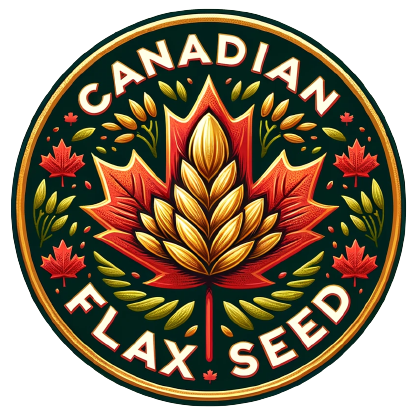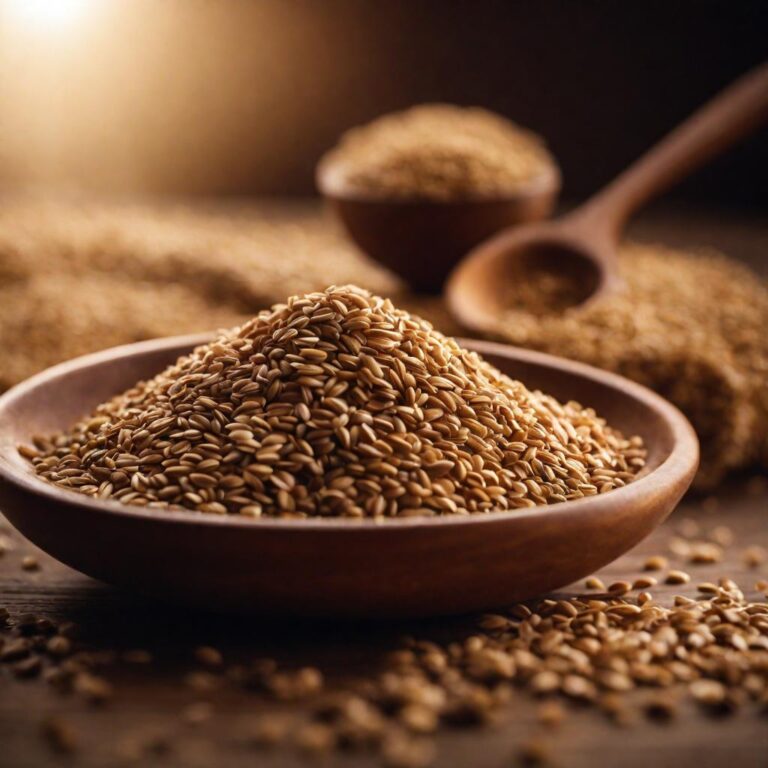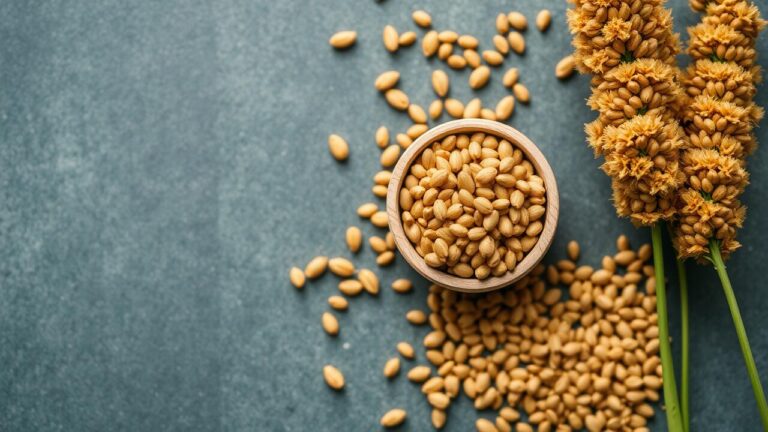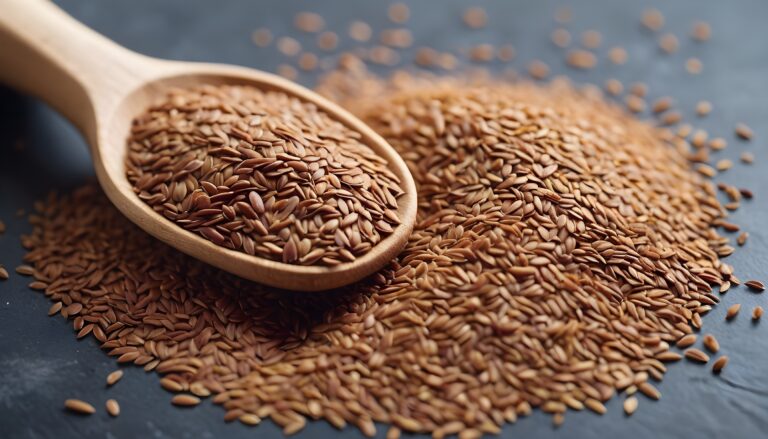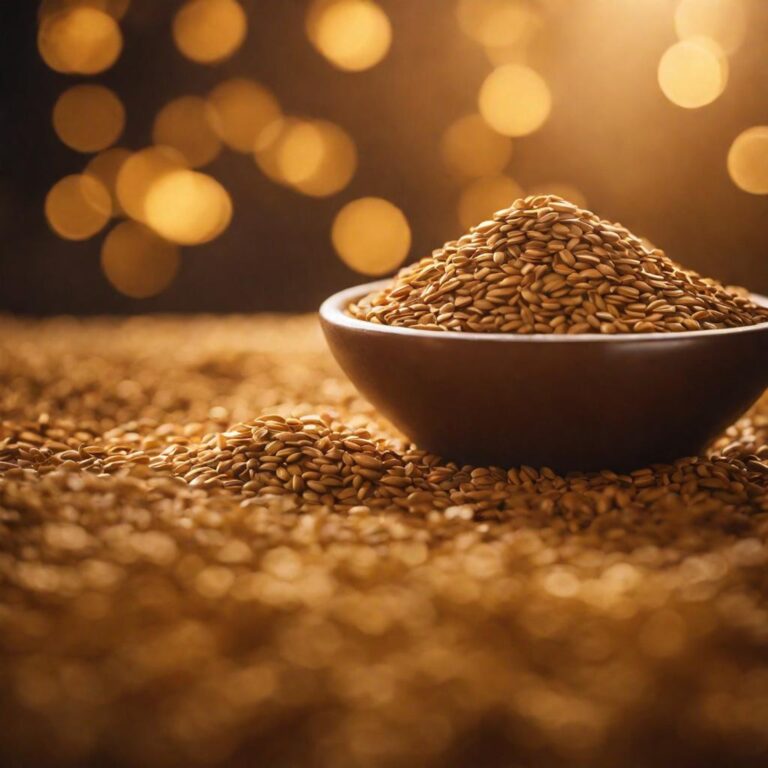Unlocking the Secrets: Ancient Indigenous Uses of Flaxseeds in Canada
Ancient Indigenous Uses of Flaxseeds in Canada
In the vast Canadian prairies, where the land stretches as far as the eye can see, a humble plant known as flaxseed has a remarkable history that dates back thousands of years. This unassuming seed, also referred to as flax seed or linseed, has played a pivotal role in the indigenous cultures of Canada and continues to be a valuable resource today. Join us on a journey through time as we explore the ancient indigenous uses of flaxseeds in Canada and uncover its modern-day significance.
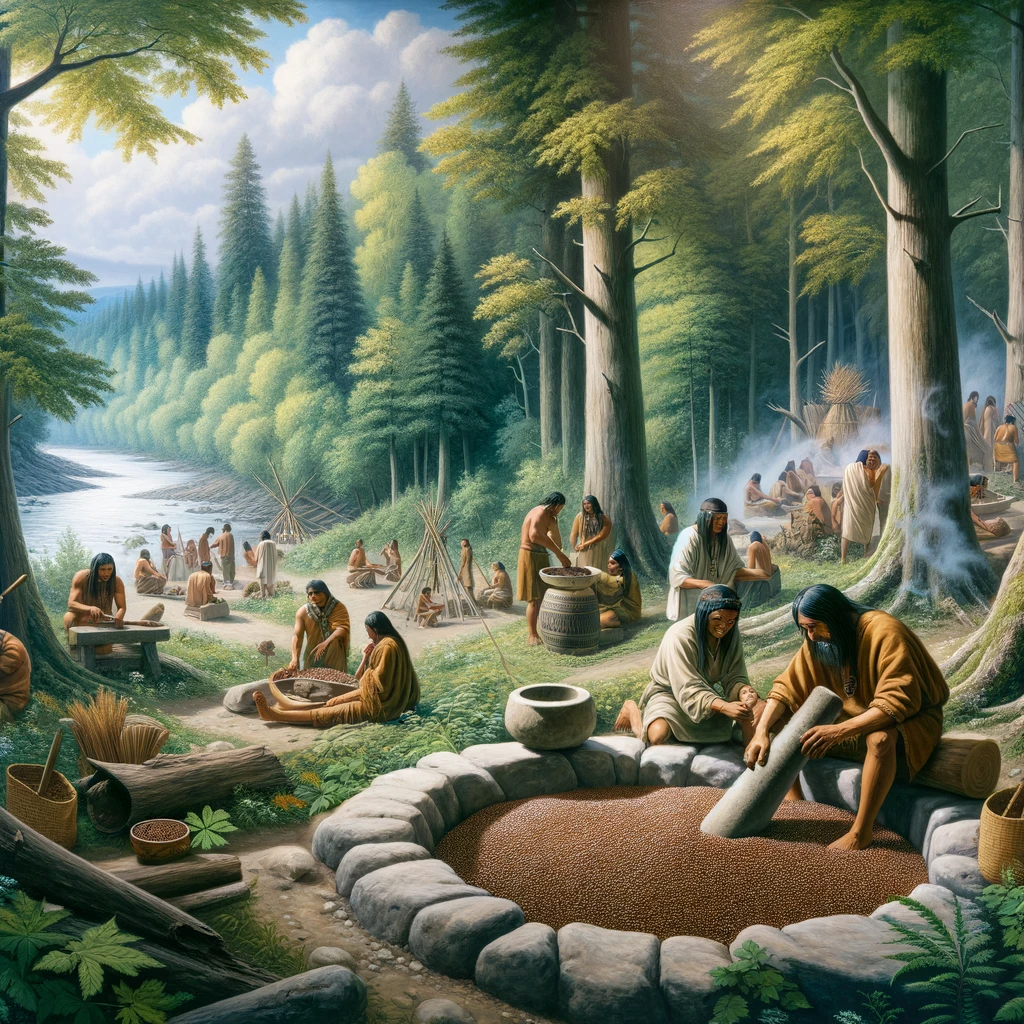
The History of Flax: A Brief Overview
Flax, scientifically known as Linum usitatissimum, has a rich and storied history. Its cultivation can be traced back to ancient Egypt, where it was used for various purposes, including making linen fabric and linseed oil. The versatility of flax is owed to its dual identity – as a source of dietary fiber and an industrial powerhouse. Today, Canada is the world’s leading producer of flax, with Saskatchewan being a major contributor to its cultivation.
Flax in Indigenous Cultures
Long before European settlers arrived on Canadian soil, indigenous peoples had been harnessing the power of flaxseeds for generations. Flax was cultivated and used in various forms, from its fiber to its seeds. The indigenous communities of Canada employed flax for dietary, medicinal, and practical purposes.
Nutritional Benefits of Flaxseed
One of the most notable uses of flaxseed in indigenous cultures was its consumption as a nutritious food source. The seeds were either consumed whole or ground into a fine powder, making them more accessible for consumption. Flaxseed is rich in dietary fiber and contains essential omega-3 fatty acids, making it a valuable addition to their diets. The benefits of flaxseed have continued to be recognized today, with it being hailed as a nutraceutical powerhouse.
Industrial Uses of Flax
Beyond its role in human consumption, flax also contributed to indigenous communities through its industrial applications. The strong fibers from the flax plant were used to make textiles, ropes, and baskets, showcasing its versatility. Additionally, the oil extracted from flaxseeds, known as linseed oil, was used for various purposes, including as a drying oil in paint and for coating wooden and concrete surfaces.
Flaxseed in Modern Canada
With the arrival of European settlers, the cultivation of flaxseed in Canada expanded significantly. During the two World Wars, the demand for flax increased even further, as it was used in various products such as rolling paper for cigarettes and as a source of oil. The growth and development of the flax industry in Western Canada, particularly in Saskatchewan, became a vital part of people’s lives.
Flaxseed Today: A Source of Nutraceutical Power
In modern times, the interest in flaxseed has surged, driven by its nutritional benefits. Flaxseed contains lignans, which are anti-carcinogenic compounds that contribute to its nutraceutical value. The consumption of flaxseed, whether whole or ground, has been linked to various health benefits, including improved heart health and reduced inflammation.
Industrial Significance and Beyond
The industrial uses of flax continue to thrive in Canada. Flax fibers are used in the production of high-quality paper, with their strength surpassing that of cotton fibers. Flax is also employed in the paper industry for banknotes and other essential documents. Its versatility extends to providing an environmentally friendly alternative to canola in the production of linoleum.
Flaxseed’s Promising Future
Flaxseed’s role in Canada is far from diminishing. As the world recognizes the importance of essential fatty acids and nutraceuticals, the demand for flaxseed is doubling annually. Its industrial uses have expanded, and its health benefits are celebrated throughout the Mediterranean and North American continents.
In Conclusion
The ancient indigenous uses of flaxseeds in Canada have left an indelible mark on the country’s history and culture. From its role in ancient indigenous diets to its current prominence as a nutraceutical and industrial powerhouse, flax continues to be a source of pride for Canada. As we look to the future, it’s clear that flaxseed will play an essential role in both our health and industry, just as it has for centuries past.
